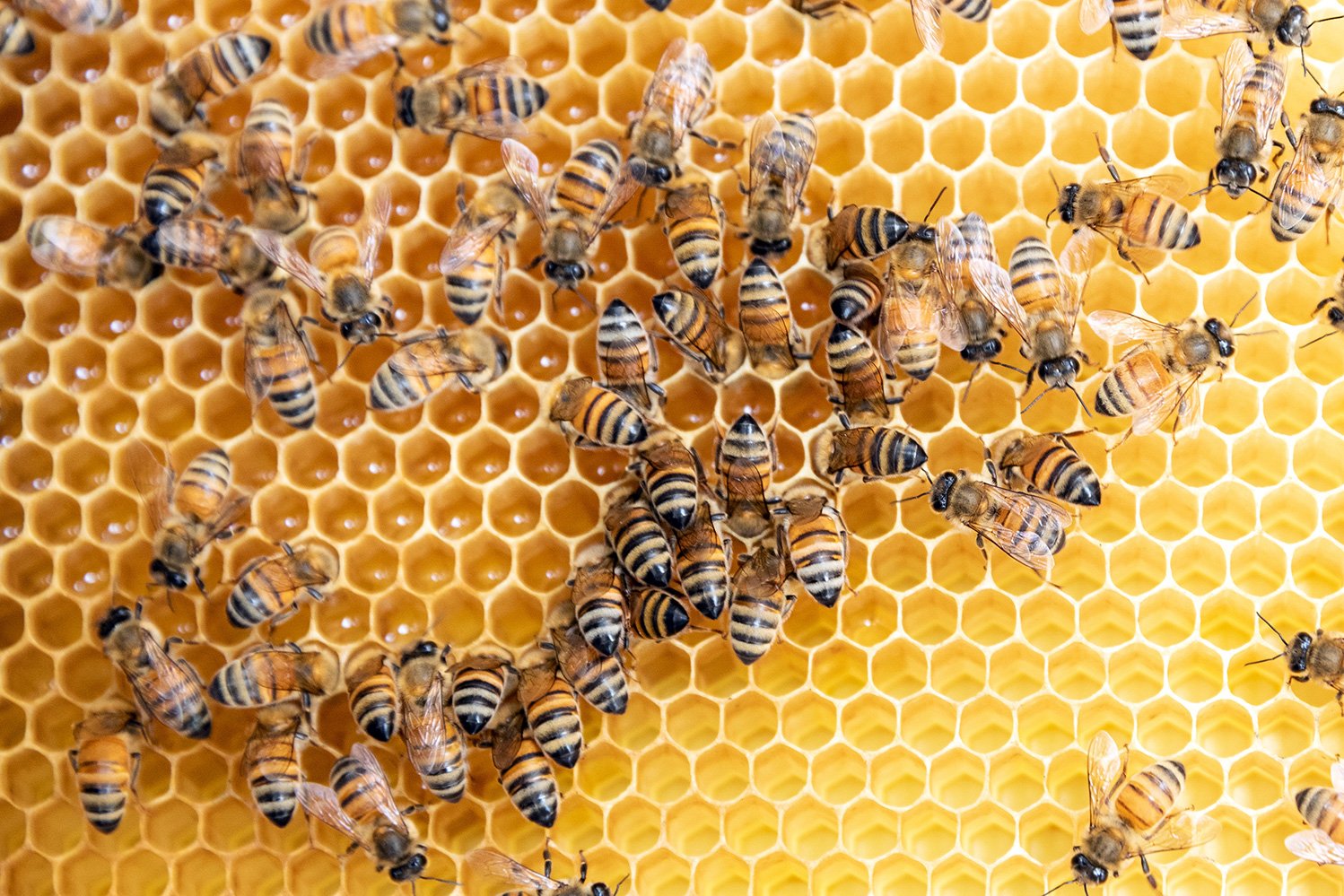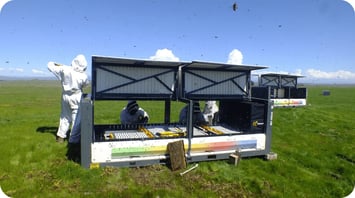Our planet currently faces what can feel like a hopelessly long list of existential threats. No matter whether you are just one person, or a large organization, it can be hard to know what problem to start with or how to evaluate the efficacy of proposed solutions to it.
Here at Beewise, our mission is to save bees, because without Apis mellifera, the species of bee whose honey we eat and that we rely on to pollinate more than 70% of the food crops grown around the globe, the world’s food supply will face catastrophe. In recent years, bees have been dying off an annual rate exceeding 30%. This is due to multiple factors, including parasitic pests, pesticide on crops, climate change, and habitat destruction.
We’ve evaluated many ways for individuals, beekeepers, and organizations to help both honey bees and wild bee species, and here’s what we recommend:
For Everyone:
- Avoid the use of pesticides, fungicides, or herbicides around your home, garden, or business. Even a small amount can cause a great deal of harm. A recent study of mass bee fatalities demonstrated how spraying the landscaping at just one shopping mall parking lot in Oregon with a neonicotinoid, a class of neuro-active insecticide, led to the deaths of more than 100,000 bees.
- Counteract habitat loss. The average bumblebee has lost more than 200 miles of habitat in the past 100 years due to changes in climate and land use. You can help by creating bee-friendly outdoor spaces. Think fewer lawns and more flowering trees and plants, favoring native species and heavy pollen producers. Aim for a diversity of plants that bloom at different times throughout the year, so bees get better nutrition and don’t experience periods of starvation. Also consider adding a water source, such as a saucer or pond, with surfaces on which bees can land, such as marbles, stones, or aquatic plants that stick up above the waterline.
- Change your shopping habits.Purchase products and food grown without the use of harmful chemicals and with the protective methodologies for growers that we describe below. You can also support local beekeepers directly by buying their honey and beeswax products.
For Growers:
- Exercise caution with insecticides. Aim to eliminate their use, but if you cannot, choose ingredients targeted to specific species and use the least harmful formulations you can (i.e., granules or solutions). Spray at night when bees are not active and choose times when there is no wind or rain, both of which can inadvertently spread the chemicals. Discuss both the details of what you are spraying and when you are spraying it with your beekeeping service in advance of pollination.
- Leave more for bees to eat. This can include practices such as planting cover or border crops that attract pollinators, or leaving crops like lettuces to bolt after harvest. However, the biggest impact you can have is moving away from monoculture. According to a multinational team of researchers, “extensive monocultures are associated, [globally] with a limited pollinator supply and reduced pollination, whereas agricultural diversification can enhance both.”
- Protect wild bees’ habitat. Minimize tilling to reduce harm to ground dwelling bees and avoid disturbing potential nesting sites in the natural areas that surround your farm, including soil, hedges, underbrush, and dead trees.
Corporations:
- Develop a bee-focused Environmental, Social, and Governance (ESG) program at your company that is based on peer-reviewed data and managed to measurable results.
- Follow the recommendations set out in the The White House’s 2015 National Strategy to Promote the Health of Honey Bees and Other Pollinators (National Strategy), including planting small-scale pollinator gardens on corporate campuses, creating large-scale pollinator habitats on right-of-way land, targeting pollinator species of concern (including Apis mellifera), using pollinator-friendly remediation approaches for weeds and pests, and developing pollinator education programs.
With so many ways to improve outcomes for bees, we can all do our part. If you are a beekeeper looking to improve the health of your hives, a grower looking to insure successful pollinations for years to come, or a corporation looking to explore a bee-related ESG initiative, contact us today.


.jpg?width=355&height=199&name=DSC00415%20(1).jpg)


.png?width=355&height=199&name=Copy%20of%20The%20Evolution%20of%20Pollination%20(1).png)
VP of Marketing at Beewise
Leave comment